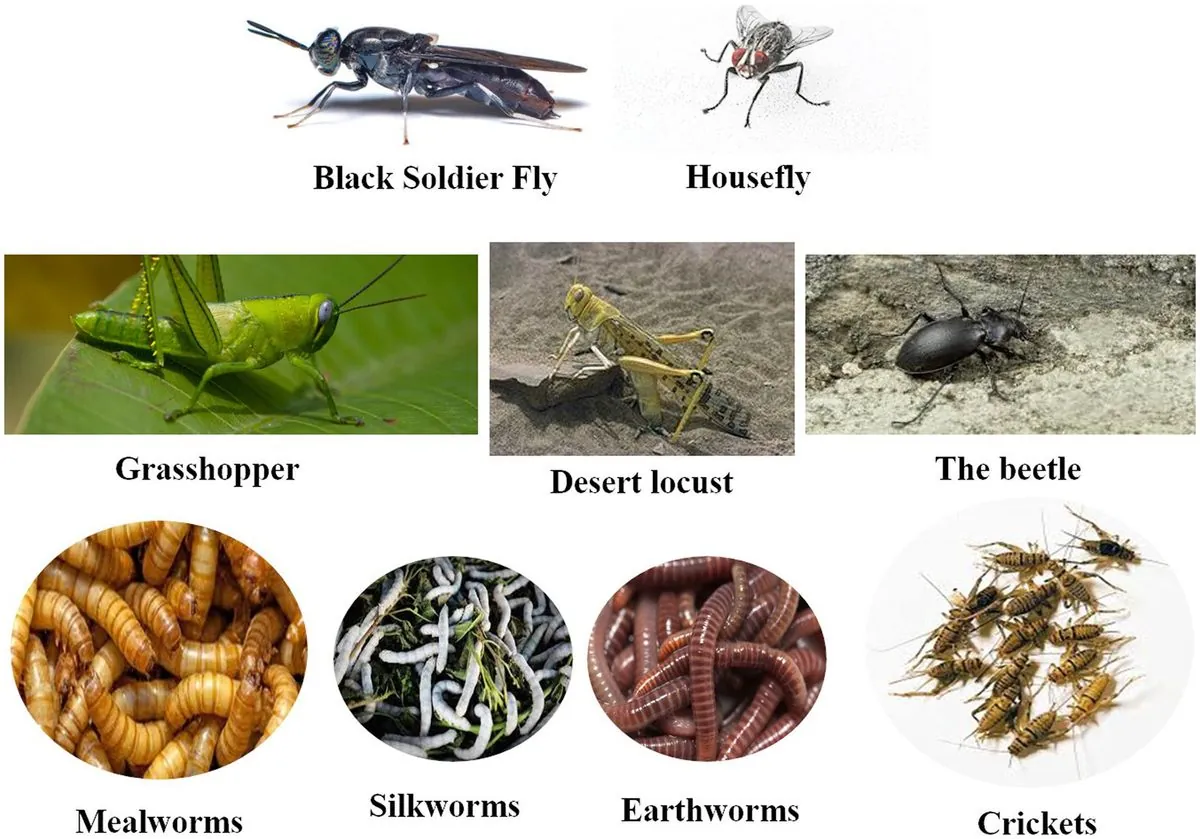UK Launches Research Center to Promote Alternative Proteins
A new government-backed research center aims to make insect-based and other alternative proteins mainstream. The initiative seeks to overcome cultural barriers and improve consumer acceptance of sustainable food options.

The UK government has initiated a groundbreaking research project to promote alternative protein sources, including insects, as part of its strategy to reduce agricultural emissions. The National Alternative Protein Innovation Centre (NAPIC), based at the University of Leeds, will focus on making these sustainable food options more accessible and appealing to consumers.
Prof Anwesha Sarkar from the University of Leeds stated, "We want to make alternative proteins mainstream for a more sustainable planet." This initiative comes as innovation in meat alternatives has surged in recent years, driven by growing awareness of animal agriculture's environmental impact.
The research center will explore various aspects of alternative proteins:
- Regulatory streamlining
- Food safety assurance
- Consumer preferences and acceptance
- Cultural barriers to adoption
- Processing techniques for improved palatability
Prof Guy Poppy from UK Research and Innovation highlighted the need to understand cultural preferences, noting, "Culturally in the UK, why is it that people might be happy to eat a prawn but not an insect? Understanding why that is the case would be helpful."

The center will receive £23 million in funding from multinationals and other businesses, reflecting the industry's potential. Estimates suggest the alternative protein market could be worth nearly £7 billion annually in the UK.
Researchers will investigate:
- Potential allergens
- Health impacts
- Taste and price concerns
- Consumer persuasion techniques
Prof Louise Dye from the Institute for Sustainable Food emphasized, "We know that consumers won't buy food that they don't find appealing or that's more expensive than their traditional choices."
"Another option could be blending plant-based options into traditional products such as milk to reduce carbon emissions."
It's worth noting that over 2 billion people worldwide regularly consume insects as part of their diet. Insects are a rich source of protein, containing up to 65% protein by dry weight, and require significantly fewer resources to produce compared to traditional livestock.
The initiative has faced opposition from the farming industry, concerned about its impact on traditional agriculture. In response, the Agriculture and Horticulture Development Board has launched its own campaign promoting beef, lamb, and dairy consumption.
As the research center begins its work, it will need to navigate these challenges while striving to make alternative proteins a viable and attractive option for UK consumers. The success of this initiative could play a crucial role in reducing the environmental impact of food production and shaping the future of sustainable nutrition.


































